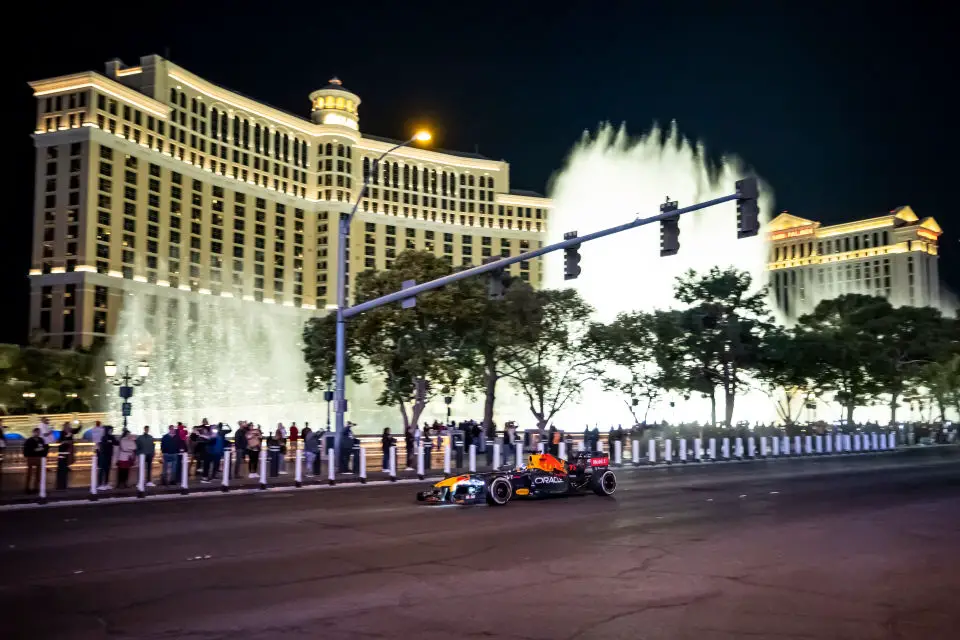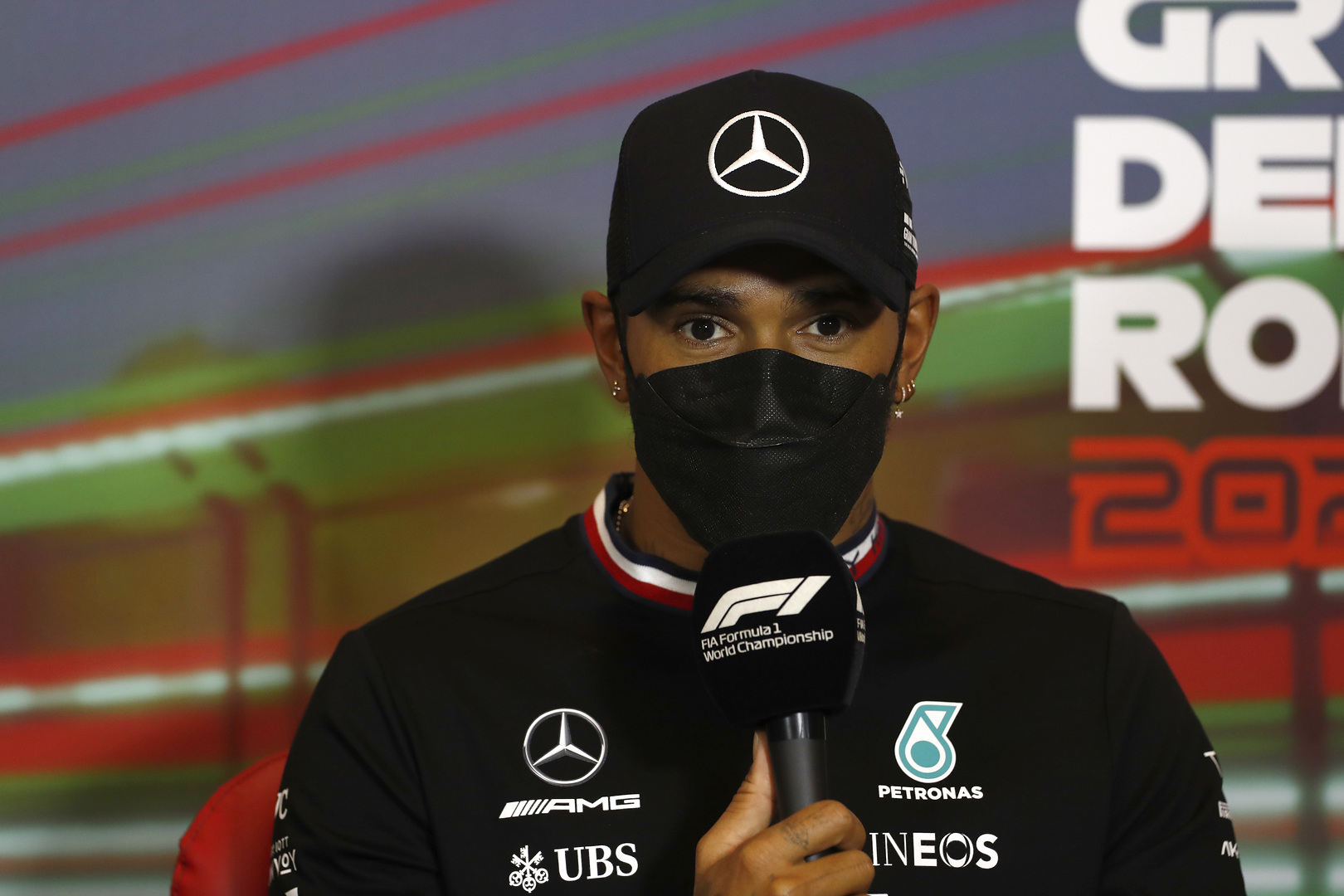2024 Las Vegas Grand Prix Retains Controversial 10 PM Start Time: FIA’s Firm Stance Despite Last Year’s Backlash
The FIA has reiterated its decision to maintain the 10 PM local start time for the 2024 Las Vegas Grand Prix, despite facing significant backlash in 2023. The choice has been made amidst concerns over late-night schedules and challenging time zone changes for teams.
Key Takeaways:
- Persistent Schedule: The FIA has opted to keep the 10 PM start time for the Las Vegas Grand Prix in 2024, despite last year’s criticisms for late-night extensions. The practice session times remain undecided, leaving room for potential adjustments.
- Fan Compensation: After the cancellation of the FP1 session last year, fans were not refunded but instead received merchandise vouchers. This decision followed an incident involving Carlos Sainz’s car, which damaged the circuit and led to delays.
- Future Considerations: Despite the retained start time, the FIA and Formula 1 are open to revising practice times to prevent a repeat of the previous year’s disruptions. Red Bull team boss Christian Horner voiced concerns about the late-night schedule’s impact on teams.

The 2024 Las Vegas Grand Prix, a pinnacle event in the Formula 1 season, has been confirmed to retain its late 10 PM start time, a decision that mirrors last year’s schedule which drew widespread criticism. This move by the FIA comes amidst ongoing concerns regarding the effects of the late schedule on both fans and racing teams.
In 2023, the Las Vegas Grand Prix was the subject of significant controversy, primarily due to the late-night race schedule extending up to the 2 AM local curfew. Fans and locals alike voiced their dissatisfaction, citing the inconvenience and difficulty of attending such late events. Furthermore, the Formula 1 teams and drivers expressed challenges in coping with the drastic time zone changes, especially when traveling to Abu Dhabi for subsequent races.
The FIA’s decision to maintain the start time, while leaving practice session times up for potential revision, suggests a willingness to make some concessions while still adhering to their original schedule. Last year’s events, including the cancelled FP1 session due to Carlos Sainz’s car causing damage to the circuit, highlighted the need for more flexible planning. Fans affected by the cancellation were compensated with merchandise vouchers, a gesture that, while appreciated, didn’t fully address their grievances.
Christian Horner, the Red Bull team boss, reflected on the difficulties faced by the teams due to the late-night schedules. His comments underscore the physical and logistical strains placed on the teams and personnel involved in the Grand Prix. Horner’s suggestion to consider an earlier start time, while balancing the needs of various global audiences, offers a potential compromise for future races.
The FIA’s decision is a balancing act between catering to international audiences and managing the logistics and wellbeing of the teams and fans. The late-night times were initially selected to favor European viewers, but as the F1 calendar evolves, there may be room for reconsideration of such schedules to better accommodate all stakeholders involved.


